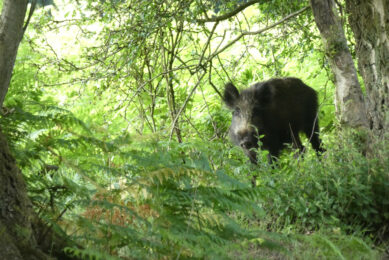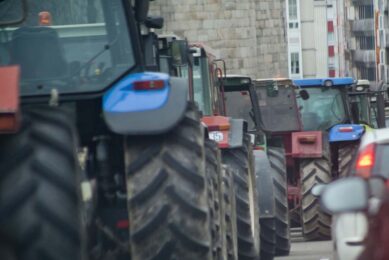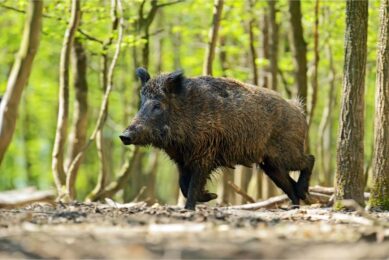Relationship between serological status of sows and the assignment as Salmonella risk farm in the Belgian Salmonella control program
Salmonella is considered as one of the most important food borne pathogens that has potential implications for human health (1).
To control Salmonella at the pre-harvest stage, the implementation of a surveillance and control program has been established in the different EU Member States. Since 2005, the Belgian Federal Agency for the Safety of the Food Chain (FASFC) implemented a National Salmonella surveillance and control program in pigs, the Salmonella Action Plan (SAP), which became compulsory by means of a Royal act in July 2007 (2). Since July 2007, Belgian pig farms can be assigned as Salmonella-risk farms, based on serological analysis of blood samples collected from the fattening pigs.
This study was conducted to evaluate the serological status of the sows on Salmonella risk farms compared to non-assigned farms.
Frederic A. Vangroenweghe1 Marieke Strubbe1 Ellen Van Driessche1 Estelle Meroc2 Yves Van Der Stede2
1. DGZ-Vlaanderen, Torhout, Belgium; 2. Veterinary and Agrochemical Research Center, Brussels, Belgium
For full presentation see attached pdf











